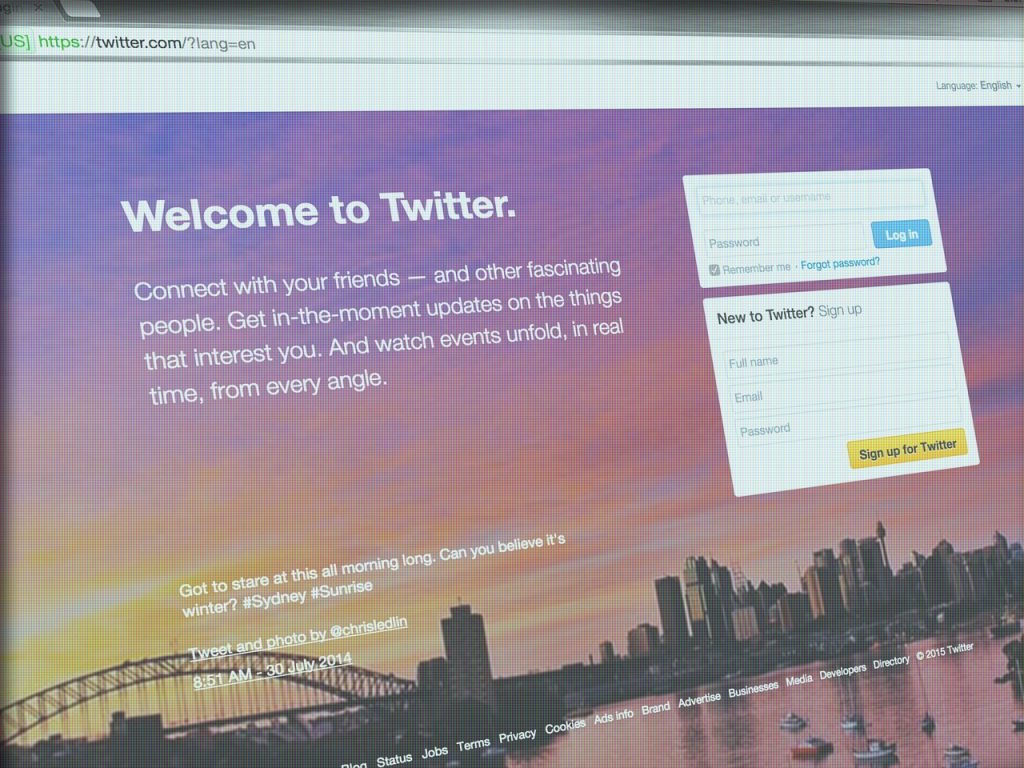The Whole Story Behind Elon Musk’s Twitter Takeover
Elon Musk's Twitter saga started back in April when the billionaire offered to purchase the social media giant for about $54 a share, then after months of hemming and hawing, Musk finally closed the deal in October and narrowly averted being taken to trial.
This article is more than 2 years old
In what was the biggest tech news story of 2022, billionaire entrepreneur Elon Musk completed his purchase of Twitter on October 27. Musk’s “the bird is freed” tweet came after months full of court hearings, legal issues and federal investigations surrounding the dramatic transaction. Now that Musk owns the social media platform, questions abound over what he will end up doing with his new acquisition.
Elon Musk’s Twitter takeover saga began on April 4, when he disclosed that he was the company’s biggest shareholder. His share of over 9% sparked an announcement the next day that Musk was joining Twitter’s board of directors. Just five days later, on April 10, Musk reversed course and said that he’d decided not to join the board after all.
Even so, four days later Elon Musk offered to purchase Twitter for $54.20 per share, or about $43 billion. This resulted in Twitter attempting to thwart his takeover with a “poison pill” strategy. Even though Twitter did not share the details of its poison pill, historically that financial device allows a company’s board to flood the market with so much newly created stock that a takeover becomes financially out of reach.
“If the current Twitter board takes actions contrary to shareholder interests, they would be breaching their fiduciary duty,” Musk tweeted in response. “The liability they would thereby assume would be titanic in scale.” On April 21, Elon Musk announced that he had secured $46.5 billion to complete the takeover.
Just four days later, Twitter officially accepted the offer. Elon Musk sold over $8 billion in Tesla shares on April 29 to further ensure the funding of his acquisition. He continued to build his takeover fund in the first weeks of May by seeking additional investment funds.

Everything ground to a halt on May 13 when Musk said that Twitter had not provided accurate information on the number of fake and spam accounts on the platform. He cited that as a reason to put the acquisition on hold. Elon Musk’s tweets over the next few days stated that his deal would not move forward until Twitter provided proof that spam bots ran less than 5% of all the platform’s accounts.
Twitter investors responded by filing suit against Elon Musk on May 26 for alleged stock manipulation. Although federal investigations followed, Musk continued to threaten canceling his purchase deal if Twitter still refused to provide accurate data regarding its number of spam bots and fake accounts. On July 8, Musk announced that he was canceling the acquisition because Twitter had breached “multiple provisions of the merger agreement.”
Later in July, Twitter retaliated with a lawsuit against Musk for deal violation, and an official announcement was made that an October trial would determine the legality of the purchase. Ten days later, Elon Musk filed a countersuit against Twitter and on August 6, asked the company to reveal its sampling method for testing fake accounts. He promised that the deal was back on if Twitter provided sufficient information.
Musk once again stated on October 4 that his $54.20 per share deal was still valid. On October 6, a Delaware judge postponed the Twitter vs. Elon Musk hearing until October 28, to give Musk time to close the deal. Musk told his co-investors on October 25 that he was going to finalize the deal on the date the Delaware judge had set.
On October 27, Musk tweeted a video of himself walking into Twitter headquarters, carrying a sink and saying, “Let that sink in.” The next day, he fired top executives including CEO Parag Agrawal. In response to fears that his takeover would cause a surge in hate speech, Musk tweeted, “Twitter will be forming a content moderation council with widely diverse viewpoints. No major content decisions or account reinstatements will happen before that council convenes.”




